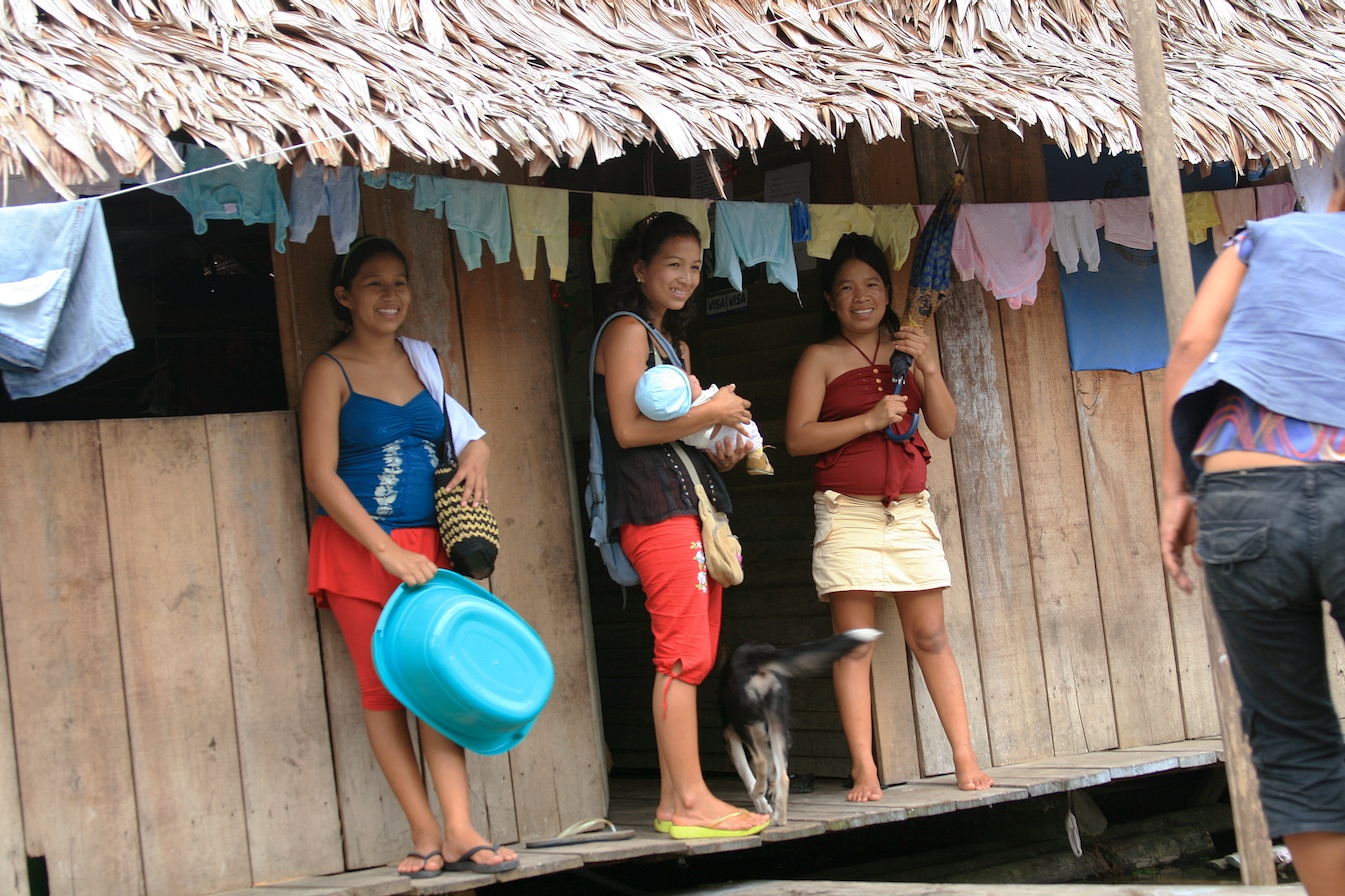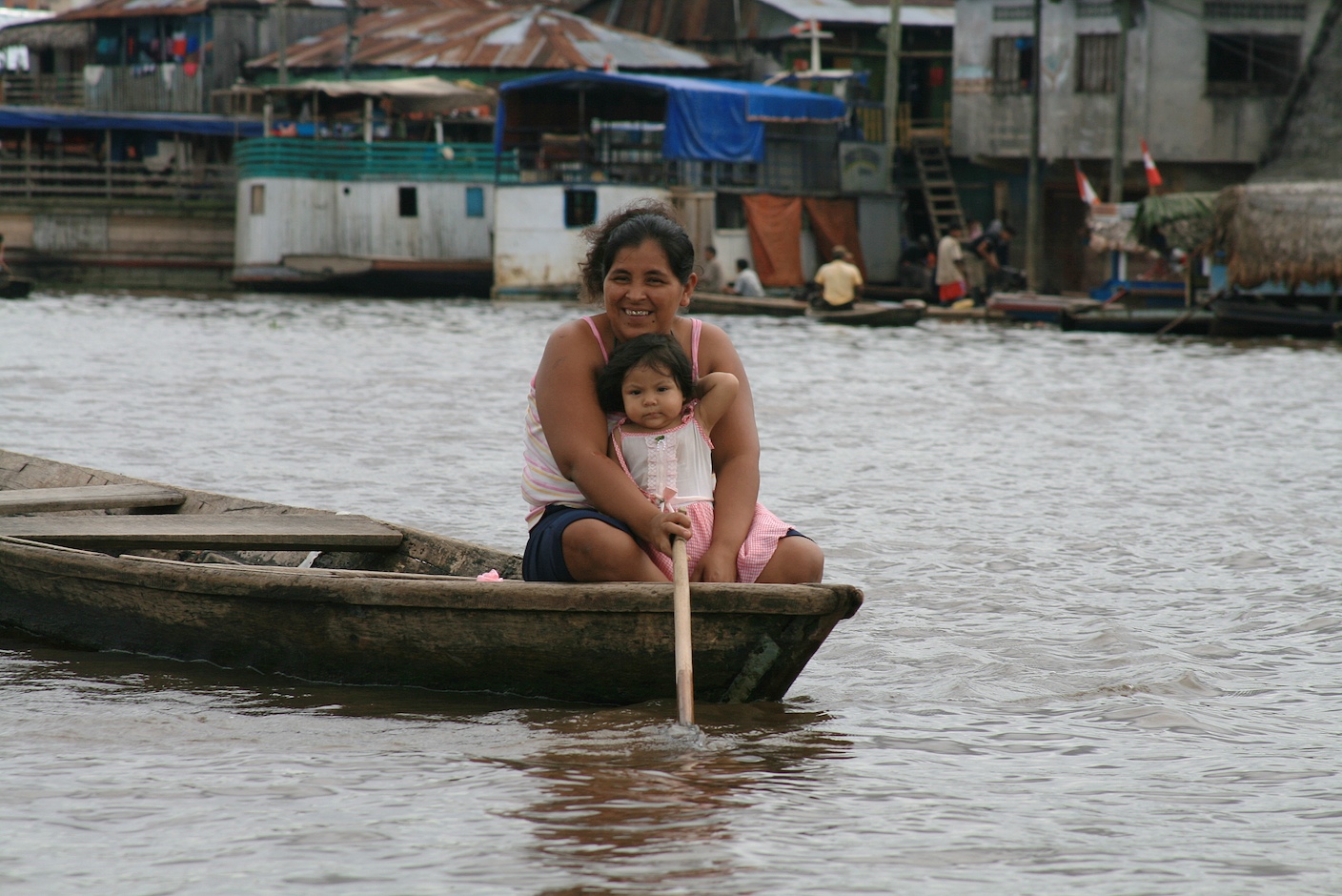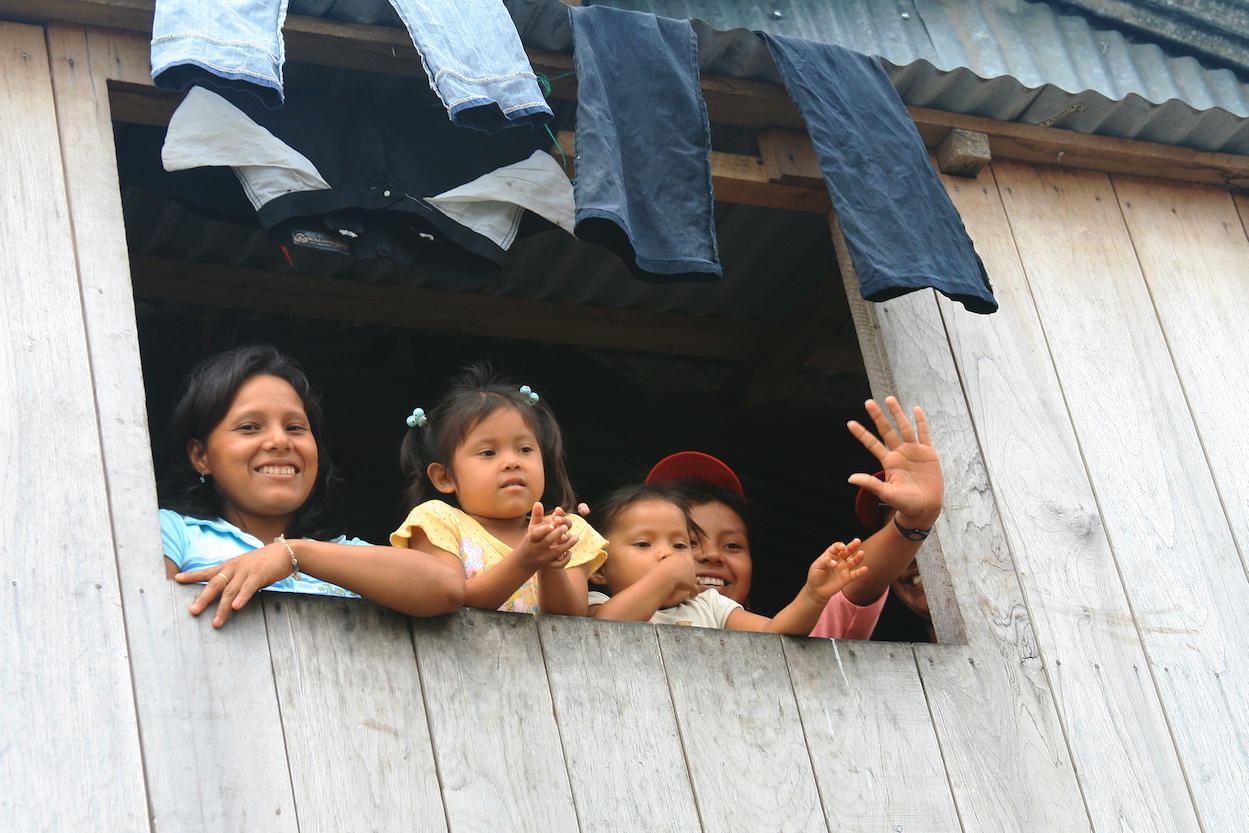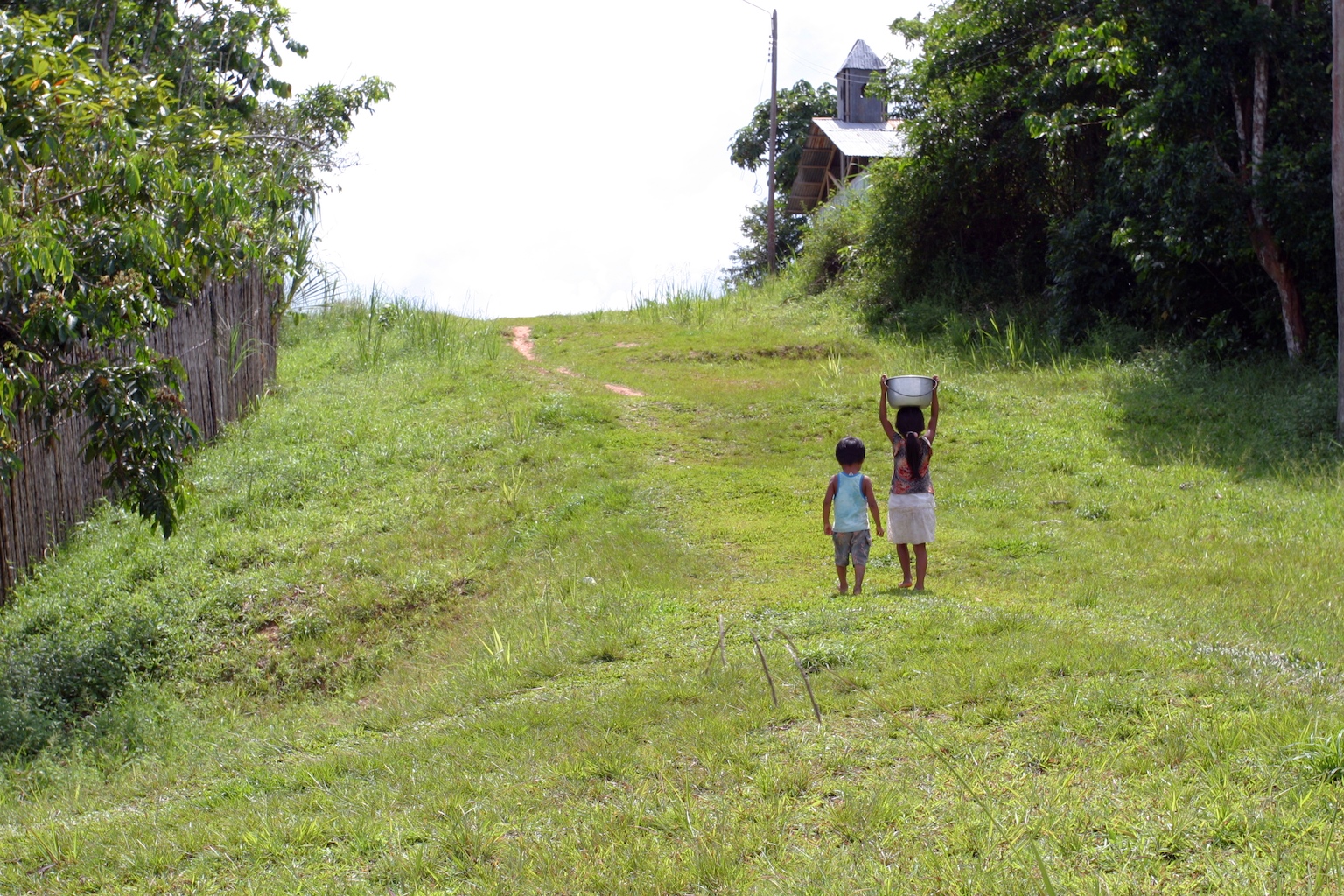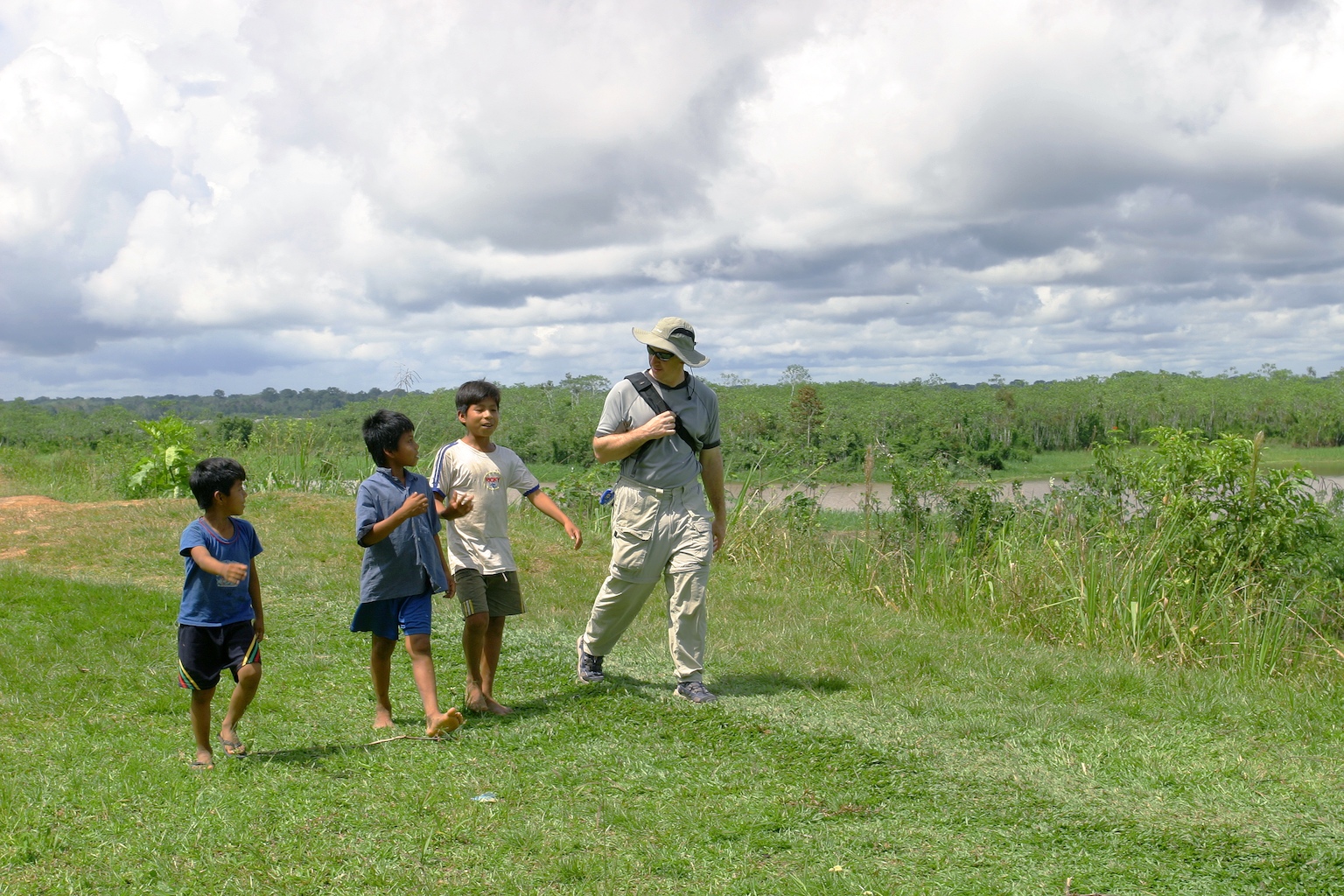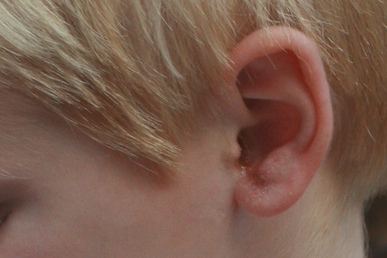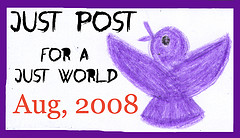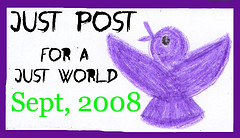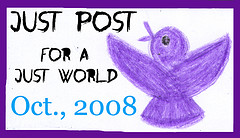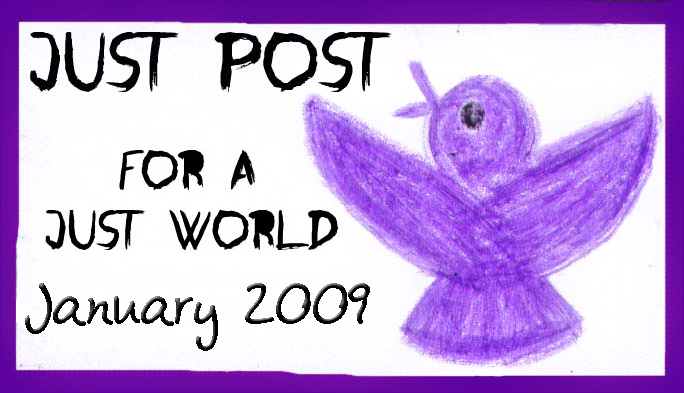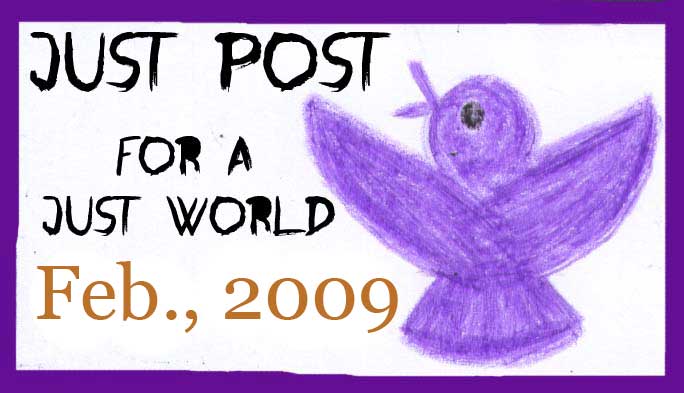No Cheese with this Whine.
Based on my last post, a friend of mine pointed out this Washington Post article by Rebel Dad comparing Mommy and Daddy bloggers where he asks, ‘do Dads whine less than Moms?’
Rebel Dad prudently offers the conclusion that Dads, though more and more active in the rearing of children and in many cases taking over roles as primary homemakers, just haven’t “earn[ed] our stripes yet.” He ponders that Dads don’t get to whine as much because the gulf between the responsibilities of Mothers and Fathers in raising a child is too wide for the discourses to be the same.
Well, yes. But there’s a lot more.
Somehow, gender equality went down the road of ‘proving’ the sameness of one sex to another: I can do what you can do, therefore, we are equal. So the ‘rights’ of women were earned by women adopting masculine behaviors to prove workplace equality. (Consider the well-known statement made by Gloria Steinem: “Some of us are becoming the men we wanted to marry.”)  To be successful, women have adopted a model of education and work life that mirrors the single man. Activities associated with being a woman (marriage, babies, mothering) are seen as weak and inconsistent with professional behavior. No one will take you seriously if you have a baby during your PhD because a man wouldn’t (physically) have a baby while doing a PhD.
It’s not just a bum deal for women; strict gendered roles are insulting to both sexes.
Here’s the thing: women and men are NOT the same. One sex bears children and the other one doesn’t. That biological difference needs to be taken into account for both to be equal.
Rebel Dad is 100% correct when he says that Dads don’t ‘whine’ as much as Mothers. Because they can’t. That discourse is feminine, reflective of the assumed responsibility of Mothers as parents. Consider: a woman is shopping with a small child who is not behaving well, crying, fussing, whining… standard stuff. People judge her parenting, blame her for not disciplining the child (even if she is trying to handle the situation) and may even make overall judgments about whether or not she is ‘working.’ If the same situation were playing out with a man, the response would be more empathetic; Dad has his hands full and doesn’t know what to do. Both are patronizing, but associated with very different cultural responses reflecting very different gendered assumptions.
We Moms bitch more about parenting because when the chips fall down, the world looks to us to pick up the pieces. Men can walk away, shrug shoulders in confusion, and just feign ignorance. Women don’t have those options — or face harsh criticism when we do. Coming to terms with being both a Mother and still be respected (as those hip, childless people we used to be) is a big part of Mommy blogging. ‘Whining’ is one way to work it out. Would Dads regain that same pre-fatherhood hipness if they whined in the same way?  No. They work out their own parenting and gender conflicts in different discourse.
Moms are doing all we can, I think, to show that being a Mom IS hip and that the workplace, the academy, and society in general needs to accommodate our awesomeness. All three are very slow in this acceptance, so pardon us if we feel the need to air grievances.
Just one more important point. I remain deeply bothered about the initial questioning regarding ‘whining.’ Because asking whether Moms whine more than Dads is simply a thinly veiled open door for people to bitch about Moms. AGAIN. ‘Cause seriously, lady, you complain when you work and you complain when you stay at home. Look, see? Us men can handle either situation, and with less bitching! So why don’t you just figure it out already?’
And that is the real whining we’ve all heard enough of.

